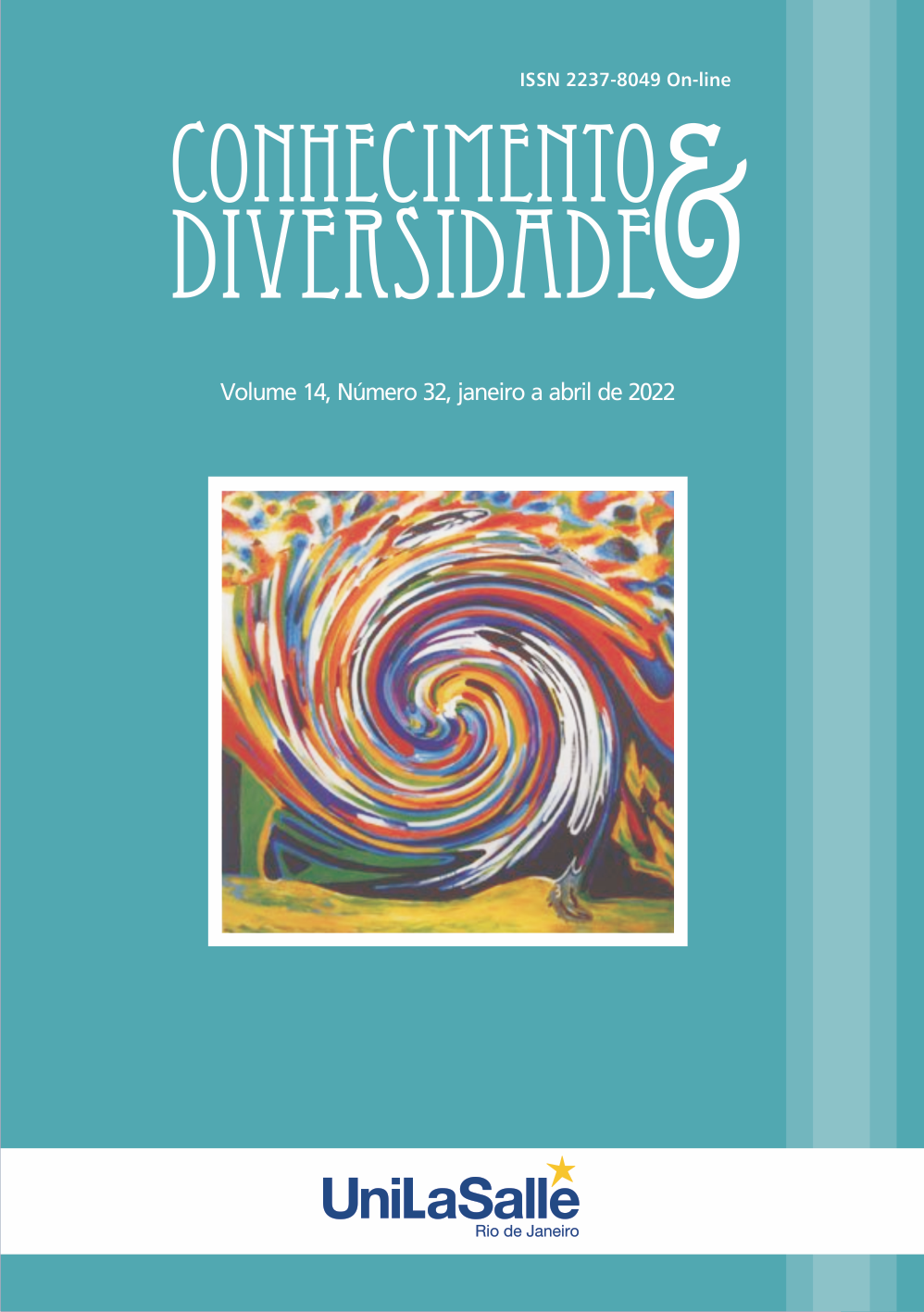Utility perception on virtual learning environments used in Brazilian blended learning
DOI:
https://doi.org/10.18316/rcd.v14i32.9575Palabras clave:
ICT. VLE. BL. Quantitative methods applied.Resumen
This research aimed to use a data collection instrument, previously proposed, with the purpose of evaluating 11 different factors related to the perception of self-declared utility by users of a virtual learning environment and its information and communication technologies, as pedagogical resources used in the implementation of the blended learning methodology. Based on descriptive statistics and the application of the non-parametric test of Wilcoxon posts, a comparative assessment was carried out between the levels of utility perceived by 71 students and their teachers, in three curricular components of different undergraduate courses of a public university in the state from São Paulo. In addition, Cronbach's alpha coefficient was used to measure the reliability of the data collection instrument used in this research. At the end of this study, it was observed that, although the subjects included in the sample of this research present different levels of perception of utility for most of the factors analyzed, there is a certain degree of convergence in relation to the factors considered most relevant by both, that is, teachers and students attributed a greater perception of usefulness to factors such as interaction and complementarity between classroom and online content, and also to the general utility of information and communication technologies in the respective virtual learning environment. In the specific case of students, the interaction between teacher and student was also considered as one of the most important factors, in the three undergraduate courses analyzed.
Descargas
Publicado
Número
Sección
Licencia
Tal como recomienda el Public Knowledge Project, RCD adopta para sus artículos una licencia CREATIVE COMMONS: Attribution CC BY 4.0
Esta licencia permite que otros distribuyan, remezclen, adapten y desarrollen su obra, incluso con fines comerciales, siempre que le atribuyan a usted el mérito de la creación original.
Esta es la licencia más adecuada que se ofrece.
Recomendado para la máxima difusión y utilización de los materiales bajo licencia.



